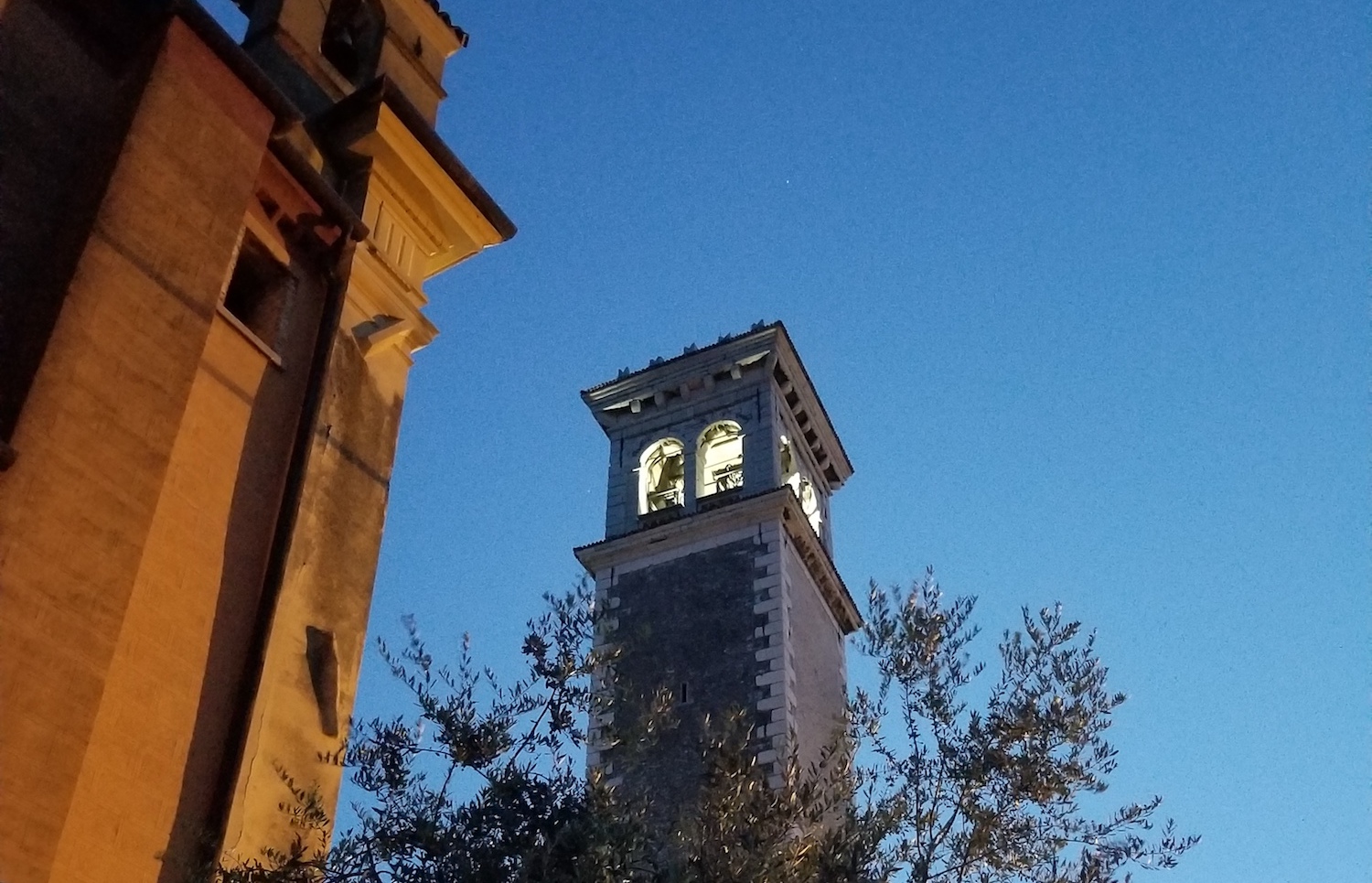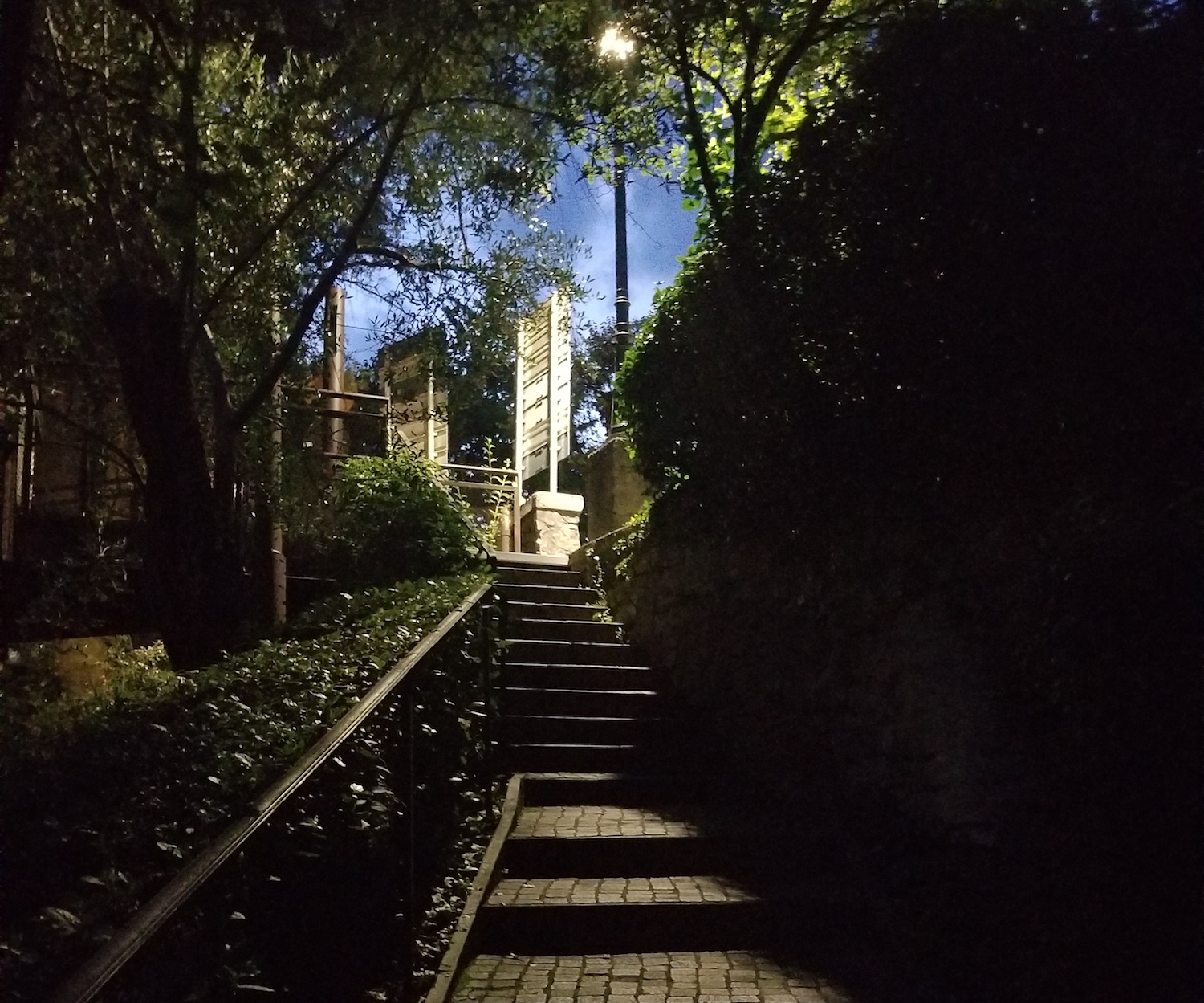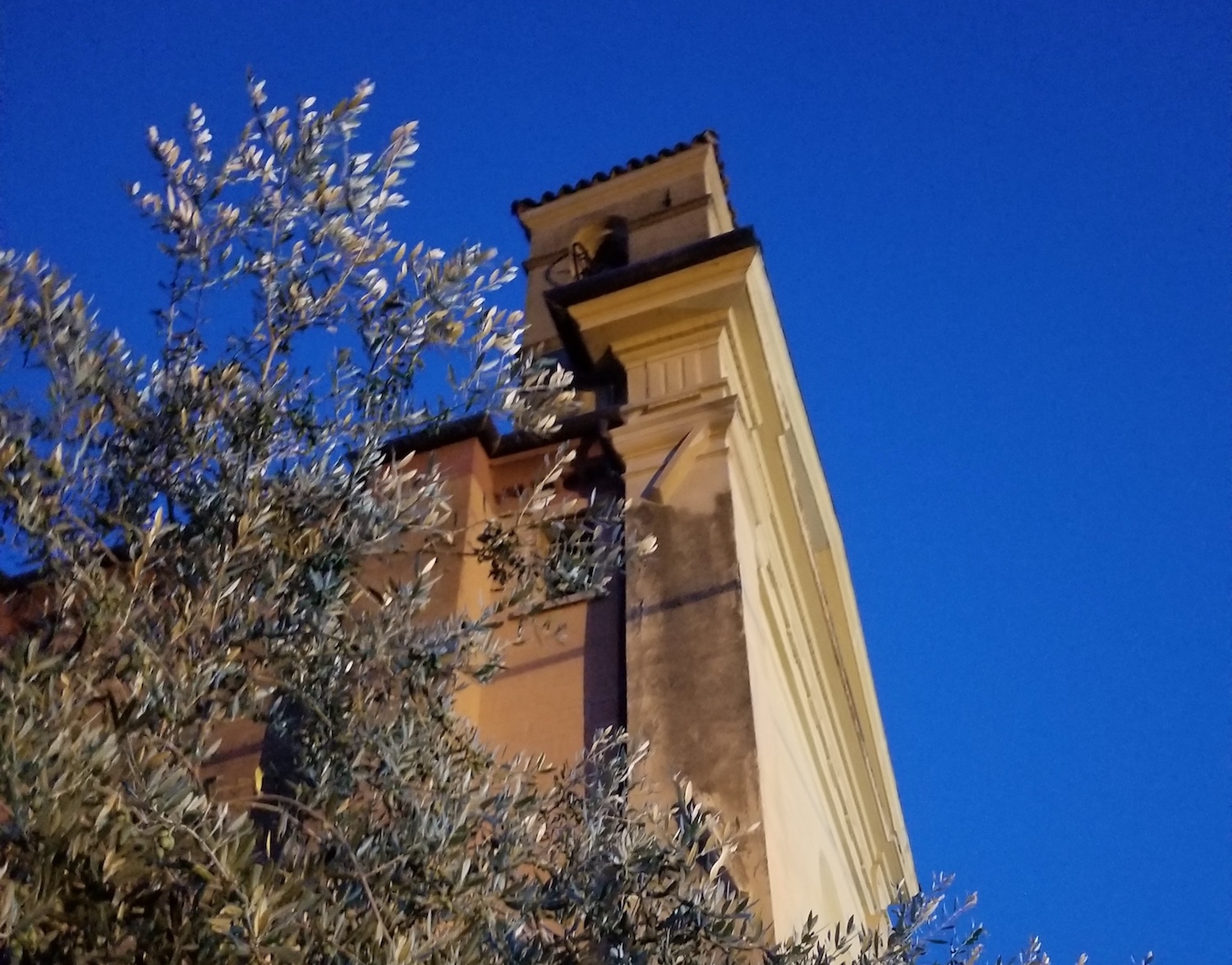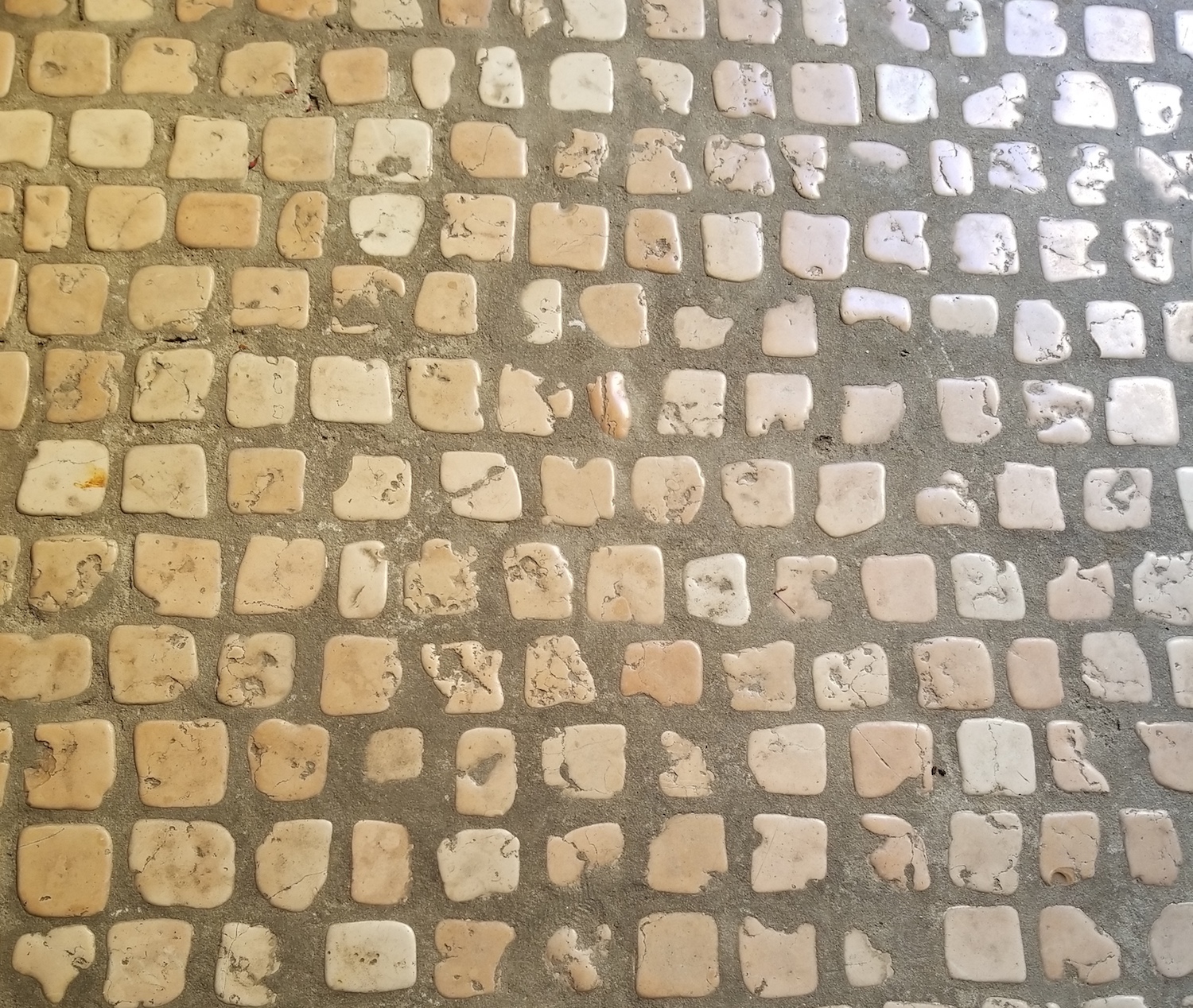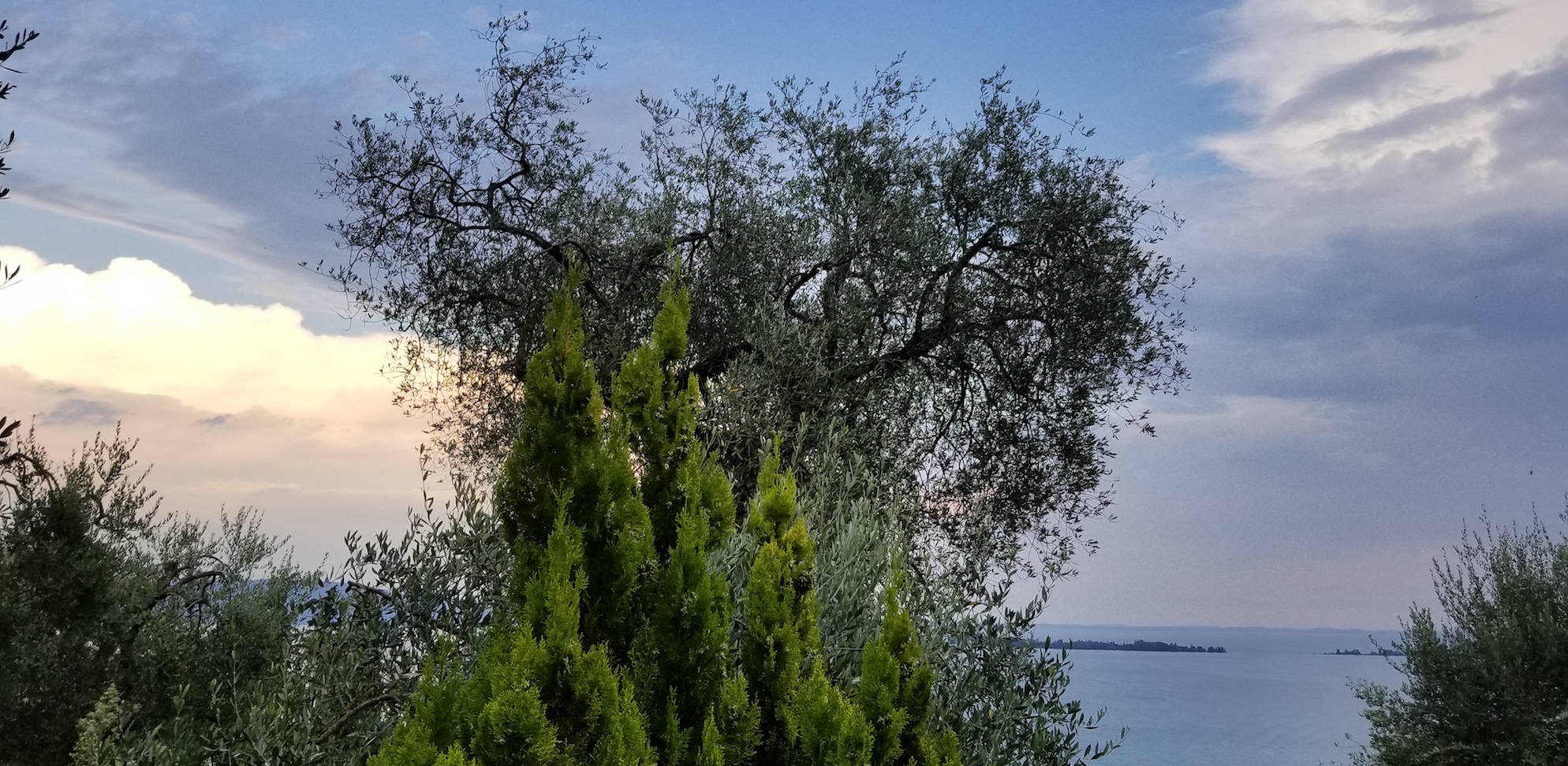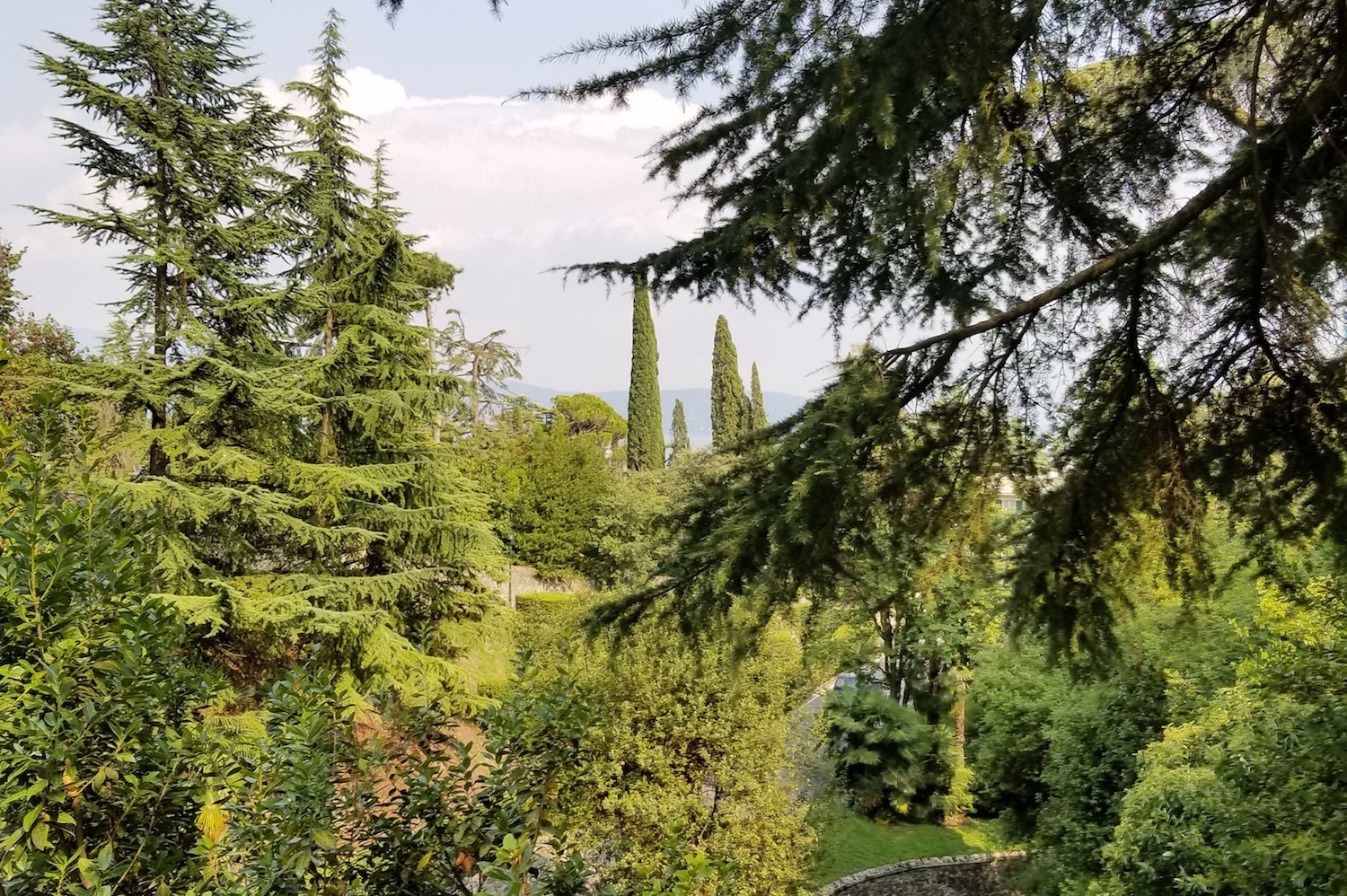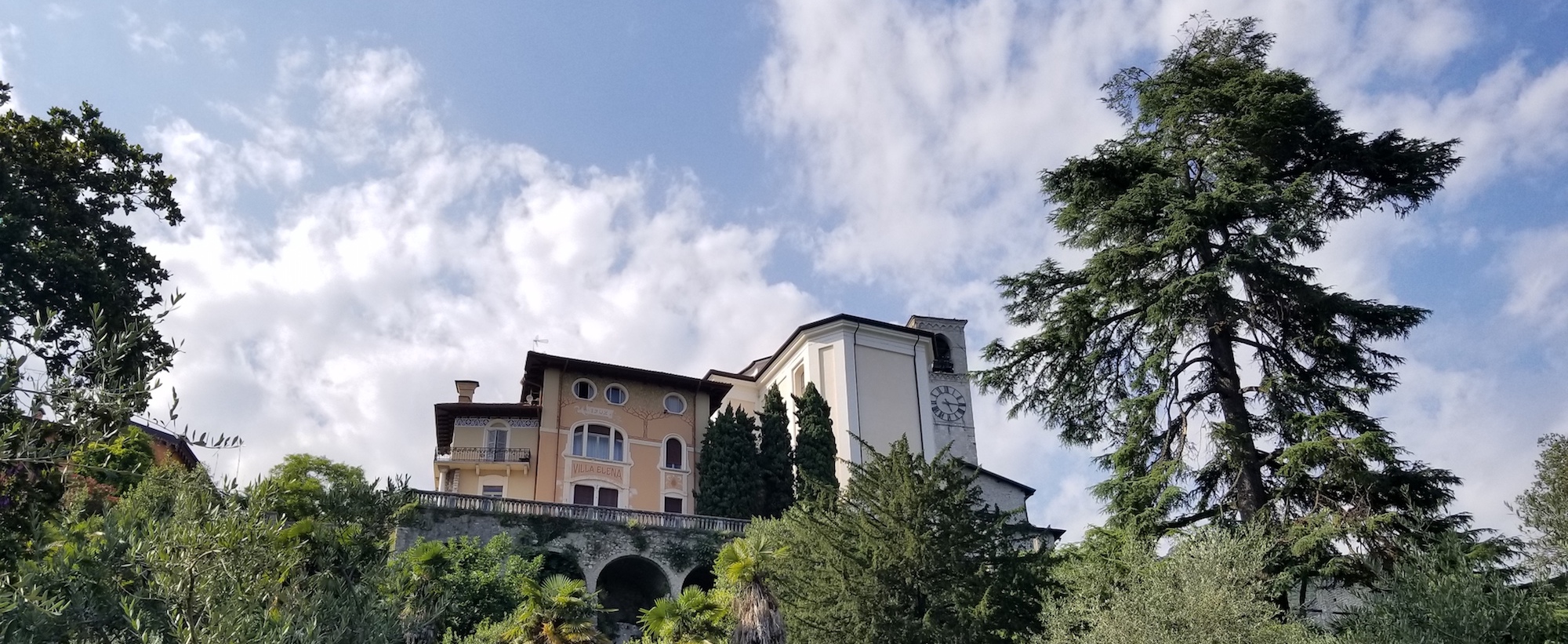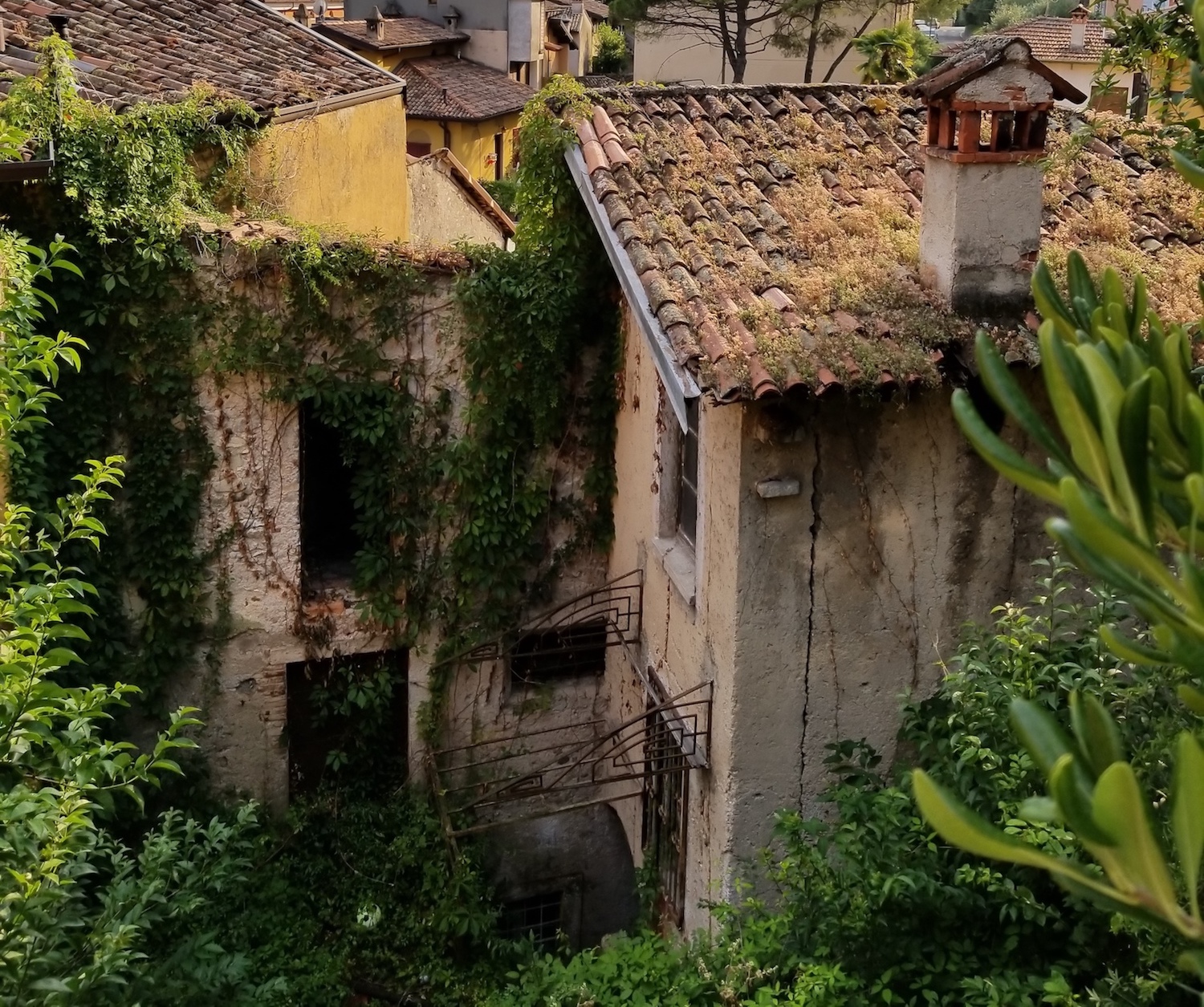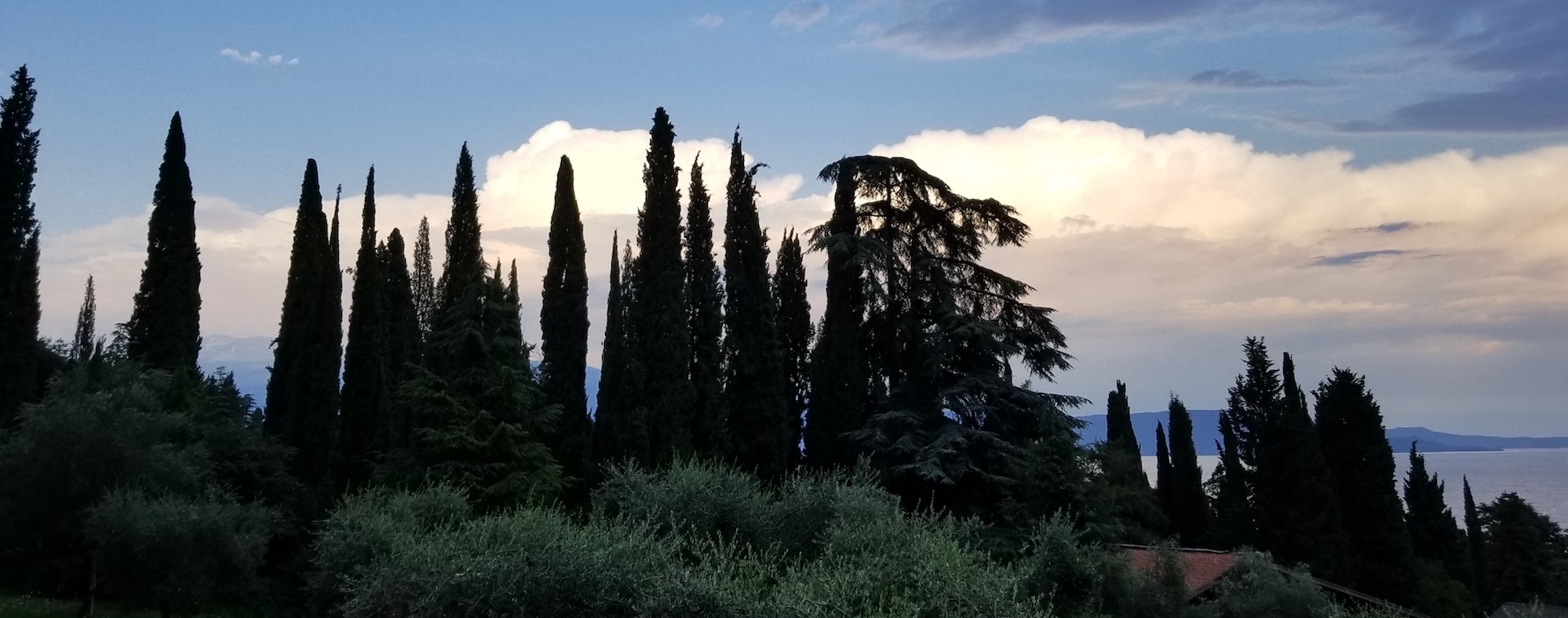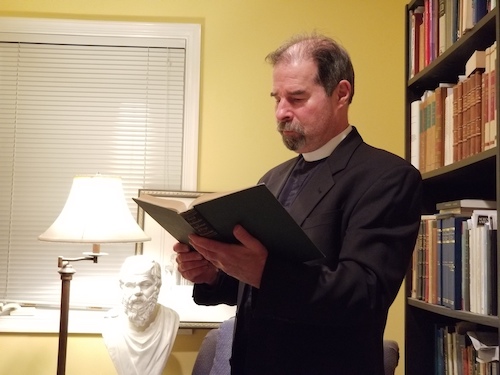Born in New London, Connecticut, Richard Munkelt spent the first four years of his life in Japan with his family. He is a graduate of Kenyon College and the New School for Social Research. After twelve years in New York City teaching high school and summering in Arezzo, Italy, Munkelt moved to the Trastevere section of Rome for four years, during which time he completed a doctorate in philosophy (University of St. Thomas Aquinas), writing on the metaphysical presuppositions of modern logic in the work of W.V. Quine. Munkelt has since taught at various colleges and universities, including eight years at Fairfield University as an adjunct professor in the history of philosophy. In 2011 he was invited as a commentator to a conference on law, politics, and culture at Villanova University School of Law, his comment (on the subject of autonomy and heteronomy in moral and legal theory) being included in the Villanova Law Review (2012).
Munkelt’s publications include a general introduction to the Compendium of Theology of St. Thomas Aquinas; “A Response to Herbert Deane” in The Political and Social Ideas of St. Augustine; and “Religious Evolution and Revolution in the Triumph of Homo Economicus” in Luther and His Progeny. All three works are published by Angelico Press, in which Munkelt serves as a board member. Having been received into holy orders in the Catholic Church in 2001, the Rev. Munkelt is chaplain to the Latin Mass community in Sleepy Hollow, New York. He is on the faculty, as well as a board member, of the Roman Forum, a cultural organization based in New York City. Each year he participates as a lecturer in the Forum’s Summer Symposium on the verdant shores of Lake Garda, Italy.
As an educator, Munkelt has organized seminars on Western intellectual history. He is particularly interested in the cosmological and political vision of both epic literature and theater, from Homer to Shakespeare, and has written on both. While living in New York City, Munkelt became a lifelong friend of opera. It instilled in him a thirst to create a theatrical work on a grand scale, and so he nurtured the idea of writing an operatic story on a classical theme according to the aesthetic theory of the total work of art, the fruit of which is the opera Gracchus. His current project is a book-length treatise of philosophical theology entitled Metaphysics & Modernity: A New Guide for the Perplexed.
